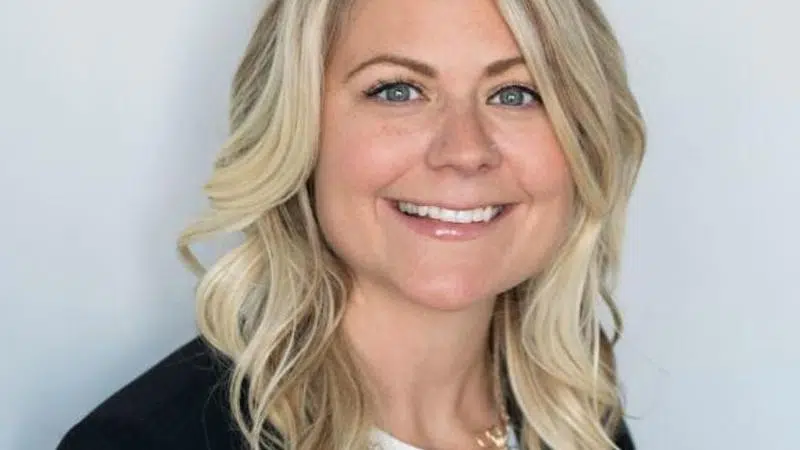
How to End a Toxic Relationship with Debt
Do worries about your debt load keep you up at night, make it hard to focus at work and invade your thoughts more than you would like? Chances are, you and your debt are stuck in a toxic relationship. If you are ready to be free, February is the perfect month to rid yourself of those bad feelings and mend your relationship with your finances.
Now is the time to pull the plug on your consumer debt
Does this scenario sound familiar? The holidays aren’t far behind us, and you are still trying to catch up on your bills. You have promised yourself that this will be the year that you make real progress on paying down your debt, but expenses keep coming up. In addition, family, work and social obligations are making it difficult to keep your focus on debt repayment. You are not alone. Just a few months ago, the BDO Affordability Index poll found that one-in-four Canadians admit to feeling overwhelmed by their personal debt.
Whether your debt is negatively impacting your health, relationships, job, family finances or all of the above, it’s normal to feel overwhelmed. However, this does not have to be your reality. Getting out of debt can take time, yes, but there are tools and options available to help you on your debt relief journey.


